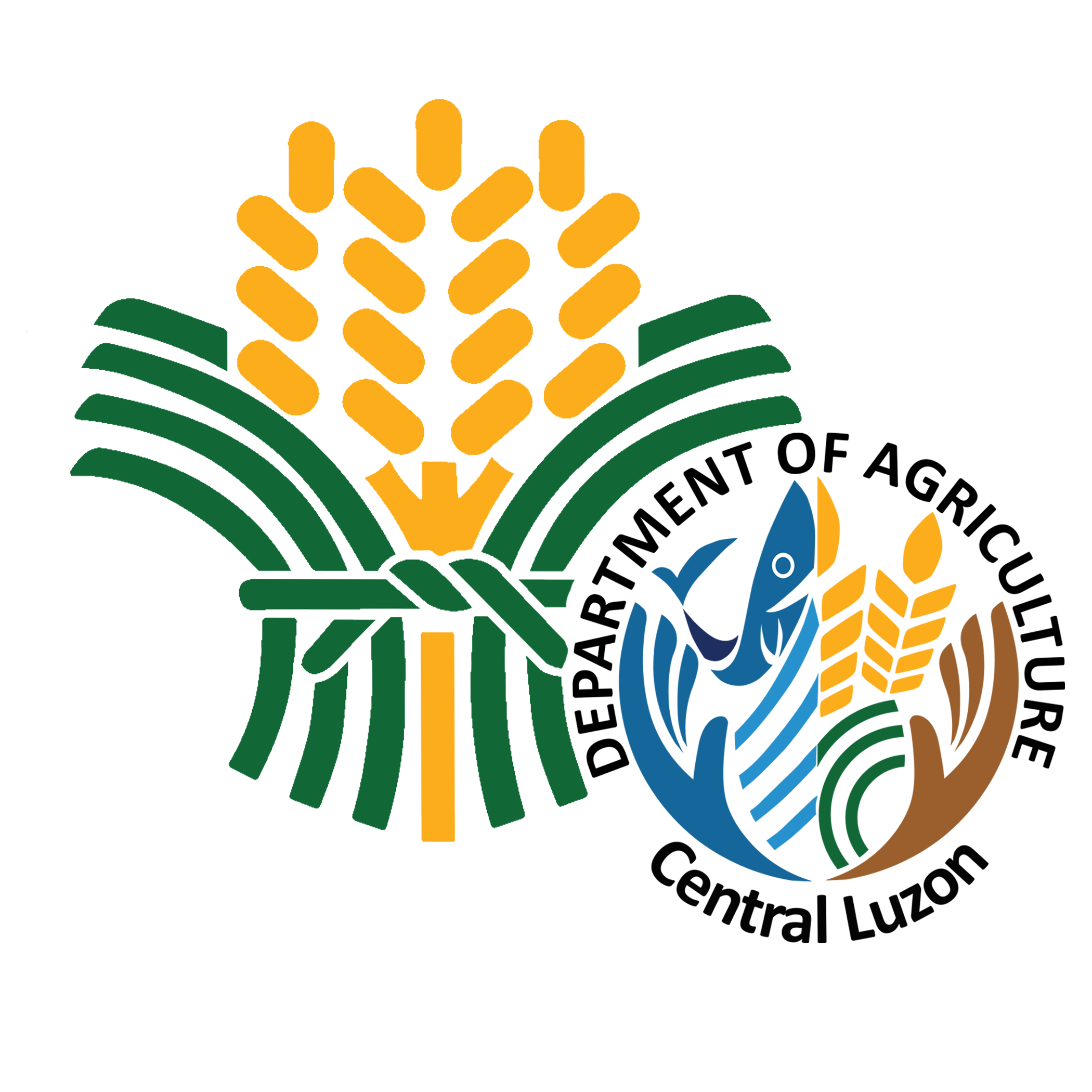REGIONAL CROP PROTECTION CENTER
The Regional Crop Protection Center III (RCPC III) is a government agency under the Integrated Laboratories Division (ILD) of the Department of Agriculture-Regional Field Office III (DA-RFO III). Established through Presidential Decree No. 936, RCPC III aims to help Filipino farmers enhance their knowledge and skills in insect pest and disease management strategies. These strategies are designed to be environmentally friendly, economical, and sustainable for effective crop protection. RCPC was mandated to:
- Conduct Mass Production of Biological Control Agents (BCAs): The RCPC III is responsible for the large-scale production of various BCAs for distribution and utilization. These agents include beneficial organisms such as predators, parasitoids, and pathogens that help control pest populations.
- Provide Technical Briefings to farmers, Agricultural Extension Workers AEWs, and other stakeholders. RCPC III offers technical briefings to AEWs, farmers, and other stakeholders, focusing on the mass production, handling, and utilization of different BCAs. To equip AEWs, farmers, and stakeholders with the knowledge needed to effectively implement biological control methods, ensuring sustainable and environmentally friendly pest management practices.
- Conduct Validation of Insect Pests and Disease Incidence: RCPC III conducts thorough validation of insect pests and disease reports from the seven provinces within the region. This involves field inspections and surveys to verify the presence and extent of pest and disease incidence/outbreaks. Accurate validation is crucial for the development of effective management strategies and for providing timely assistance to affected areas.
- Provide Management Recommendations: Based on validated reports and field data, RCPC III offers tailored management recommendations for controlling insect pests and disease incidences. These recommendations are designed to be practical, applicable, and environmentally sound pest management to ensure safe production
- Conduct Training Related to Crop Protection: To enhance the capacity of AEWs, Farmers, and other stakeholders, the center organizes comprehensive training programs on crop protection. Covering a wide range of topics, which include the identification of insect pests and diseases, the use of BCAs, and other integrated pest management strategies.
LIST OF SERVICES
- Mass production and distribution of 10 different Biological Control Agents namely:
- Metarhizium anisopliae
- Beauveria bassiana
- Euborella annullata
- Isaria spp.
- Trichoderma harzianum
- Trichogramma chilonnis
- Trichogramma evanescens
- Trichogramma japonicum
- Chrysoperla spp
- Eocanthecona furcellata
- Field validation to areas reported with pest occurrence and recommendation of management strategies to prevent pest outbreaks.
- Conduct technical briefings and other related training to enhance the capabilities of farmers and AEWs in proper utilization and handling of BCAs, proper and accurate pest identification, and effective management.
LIST OF KEY PROJECTS
- Research studies on BCAs involve systematic investigation to develop and validate methods for managing pests using predators, parasitoids, and entomopathogens to provide reliable recommendations for effective utilization of BCAs.
- To address the early warning system, the conduct of Specialized Pest Management System (SPMS) training for rice was conducted across 7 provinces of Central Luzon. Parallel to this training, the Bantay Peste Brigade Project was established to capacitate farmers in pest monitoring, identification, and management.
- Pest Risk Identification and Management (PRIME) is a systematic approach used to assess the risk posed by pests to crops and even human health. This approach ensures that potential threats of pests are identified early and managed properly to prevent significant losses and even environmental damage.
CONTACT INFORMATION:
rcpc@rfo3.da.gov.ph

